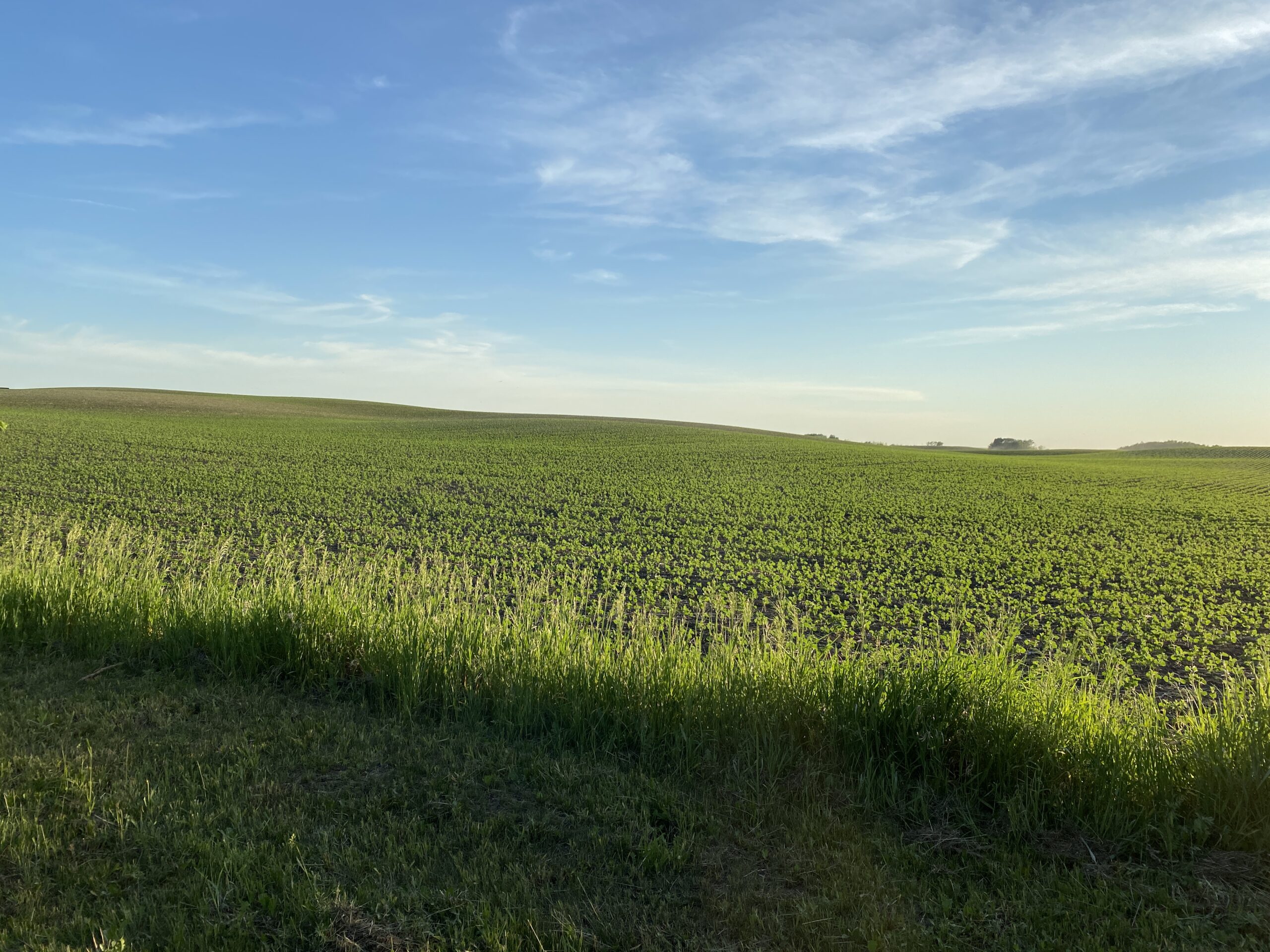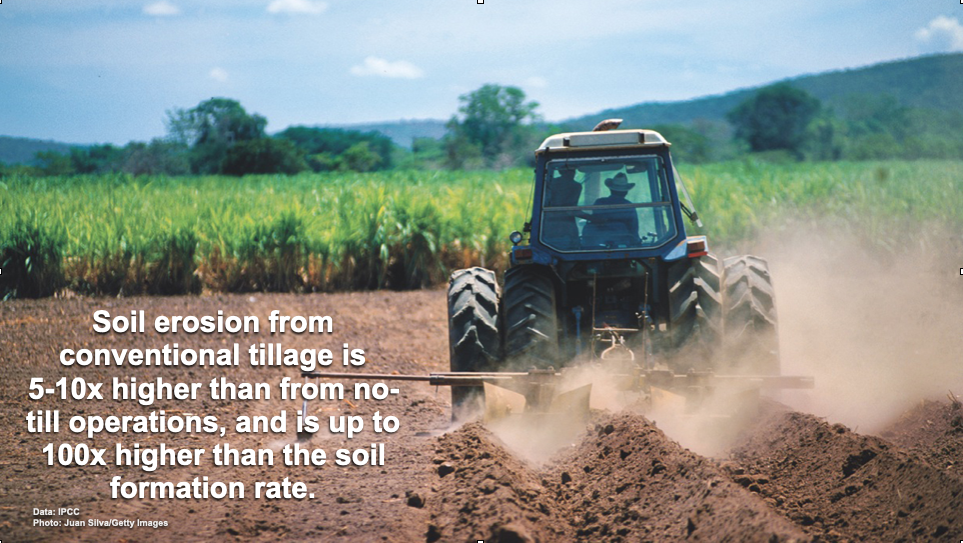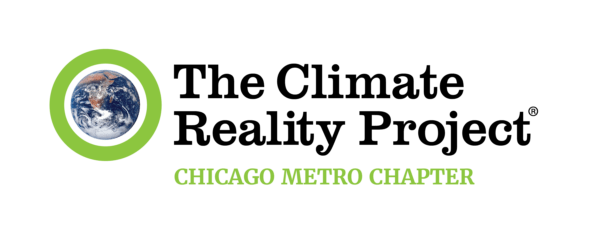
Regenerative Agriculture: Why we need it
A Q&A with Don Viecelli, who chairs our Regenerative Agriculture team.
Don Viecelli joined The Climate Reality Project: Chicago Metro Chapter after his leadership training in July 2020. He grew up on a 160-acre dairy farm in Michigan and has led the Regenerative Agriculture team for over a year.
Regenerative Agriculture consists of a set of practices that enhance and sustain the health of the soil by restoring its carbon content. RA improves productivity and removes carbon dioxide from the atmosphere, notes Project Drawdown, and is integral in our fight to stop climate change.
The following is an edited conversation between blog contributor Leah Sorini and Don Viecelli.
LS: Can you describe the work of your team? What issues and solutions are you committed to?
DV: We promote methods like no-tilling (no plowing) and planting cover crops (e.g., winter wheat and rye) to keep the ground covered so that the root systems remain alive. These systems are where the biology happens—they create healthy soil that feeds the plants instead of using inputs like chemical fertilizers.
The team builds relationships with other RA farm organizations and is forming a coalition of Climate Reality chapters to support each other’s lobby efforts.
We raise awareness of RA benefits by inviting experts to speak at chapter meetings. We publish Climate Action Now alerts to inform members of Congress about RA bills and what our members can do to support them.
Current government policies have moved away from holistic practices and are focused on industrial farming practices. This has proven unproductive and harmful to farmers and ranchers and to our soil.
Because of this, we’re in the process of creating another dust bowl.
Adding climate smart policies to the 2023 Farm Bill will help change this by allowing a transition to RA practices.
We’re in the process of creating another dust bowl.
LS: Are you working on anything in Illinois?
DV: Most of our work is focused on national solutions because RA practices must be adopted everywhere.
We do identify and support Illinois bills focused on RA, such as SB3471, Partners for Nutrient Loss Reduction Act, created to reduce agricultural runoff that pollutes our water. This pollution has heavily contributed to one of the most toxic dead zones in the Gulf of Mexico.
Our farms use too much fertilizer and, since most of them don’t use cover crops to create deep roots, which would capture the runoff, rainstorms lead to water pollution.
LS: Can you talk about the founding of your team?
DV: I had no idea what RA could do for our environment until I watched Josh Tickell’s and Rebecca Tickell’s very inspirational Kiss the Ground documentary.
RA is complex. We spent our first six months learning about how it works and why it’s needed. The entire team is passionate about it. We’re now committed to advocating for the benefits of RA within our chapter and the public.

LS: Why is this work so important to you?
DV: I’m worried about the climate crisis. Most people don’t understand that we’ll have an excess amount of CO2 even after getting to net zero emissions. RA can address this. Although it’s complex and going to take a lot of work, the outcomes will reverse global warming and help save the planet for the next generations.
LS: What are recent team accomplishments?
DV: The team is working to finalize RA policy recommendations to use for lobby efforts with Congress. We recently published an action alert about forestry, encouraging members to support the Senate Bill S.2950 to save our forests.
We hosted a team meeting with Dr. Elaine Ingham, a world-renowned expert on soil health, and Kim Martin, of Soil Food Web, who taught us about soil biology.
I’m really proud of everyone on the team. Each member has developed expertise on RA practices, allowing us to create presentations on RA for general use.
LS: What are the team’s goals for 2022-23?
DV: We’re focused on lobbying Congress to add climate smart RA policies to the 2023 Farm Bill and other agroforestry related bills by participating in public RA meetings held by the Agriculture Committee. The team is also building a contact list of congressional staff members to reach by mail or phone.
We’ve created and continue to add to the Coalition for RA among Climate Reality chapters and leaders to lobby Congress on the Farm Bill.
LS: What campaigns are you currently working on?
DV: The team is campaigning for a commitment from Climate Reality’s new President and CEO to add RA as a strategic solution to solve climate change and to recruit chapters and leaders to join our Coalition.
LS: How can members get involved?
DV: Learn all you can about RA practices and principles so that you can promote these methods. Use your knowledge to lobby legislators on RA issues and bills. The team is always happy to provide support so you can get started.
You can also join our RA team and/or opportunities through the Reality Hub. Join the Community Group I’ve set up using this link and the discussions about RA in Reality Hub at this link.
For more information on the RA team and how to get involved, email Don at dviecelli@gmail.com or visit the team’s web page.
Another great resource is Regenerate America. Check out their website and watch the trailer.
What you can do in your own backyard

Leah Sorini is a communications professional with experience in writing, project management, strategic planning, community engagement and public speaking. She is involved in the Chicago chapter’s communications work. She’s passionate about raising awareness to encourage action that addresses the climate crisis.



One Response
Illinois has a bunch of absentee owners of farmland, with Bill Gates coming in at number four. You can find the rundown here: https://www.theseam.com/who-are-the-biggest-absentee-landowners-in-illinois/